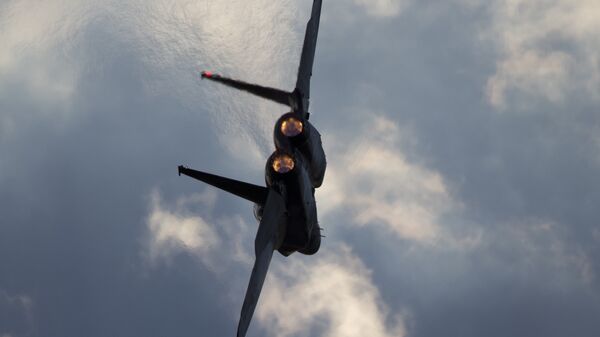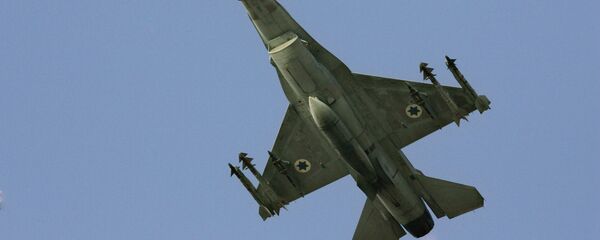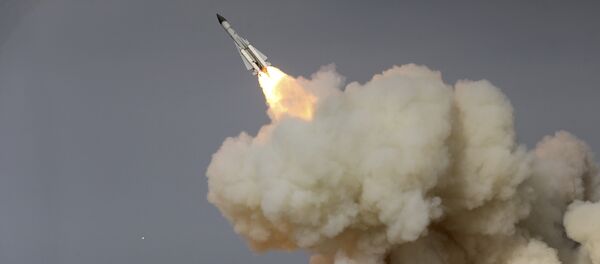Israeli airstrikes have targeted Syria since 2012. In this way, the Israeli authorities seek to prevent Hezbollah — a Shiite militant group and political party based in Lebanon, which currently fights on the side of the Syrian government — from developing advanced weapons and transporting them to Lebanon.
"The Israeli military strike on Friday night was nothing exceptional in itself. But the time and the progress raise certain questions," the newspaper wrote.
However, the newspaper believes that Assad wouldn't want to force his country into a new devastating conflict.
The newspaper assumes that Israeli actions could be a signal to Russia, which plays a major role in the Syrian crisis. According to the author, Israel could have sent a signal to Moscow that, "despite all its love for Putin," it won't tolerate the presence of Iran and its allies in Syria.
On Friday, Israeli Intelligence and Atomic Energy Minister Yisrael Katz confirmed the attacks saying that it targeted a convoy which was supposedly carrying weapons to the Shiite Hezbollah movement.
The Israel Defense Forces (IDF), in turn, said on Friday that it used the advanced Arrow missile defense system to shoot down a Syrian anti-aircraft missile that was fired at an Israeli jet.
"We have no interest in interfering in the Syrian civil war, we are neither for nor against (President Bashar) Assad, and we have no interest in clashing with the Russians," Defense Minister Lieberman said on Sunday.
"Our main problem is with the transfer of advanced weapons from Syria to Lebanon. That is why every time we identify an attempt to smuggle game-changing weapons, we will act to thwart it. There will be no compromise on this issue," he added.
Following the incident, Moscow summoned Israeli Ambassador to Russia Gary Koren to inquire about airstrikes on Syrian troops near Palmyra, Deputy Foreign Minister Mikhail Bogdanov said Monday.




